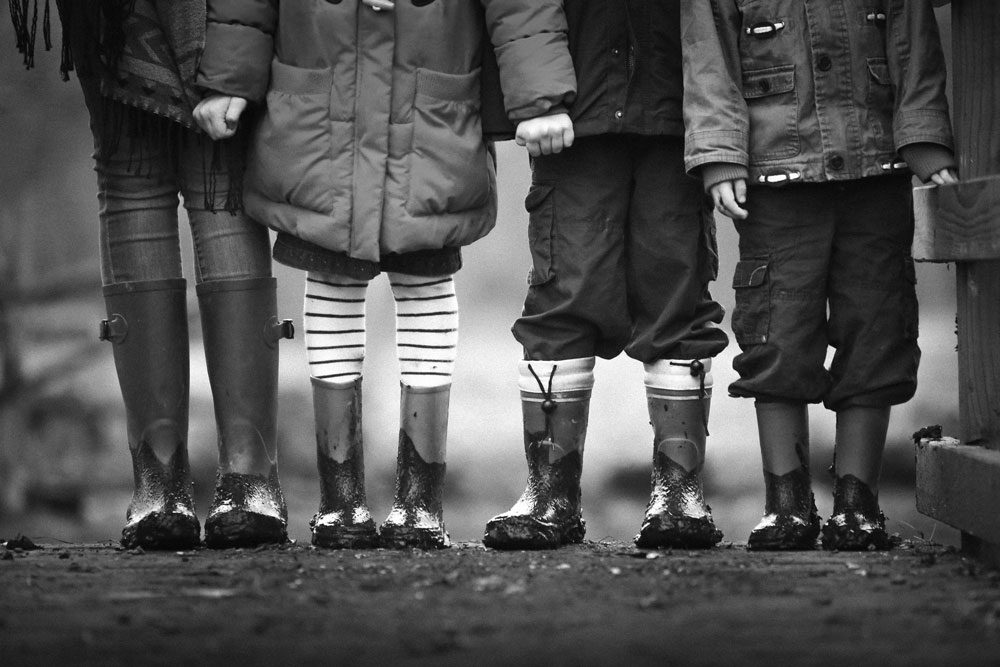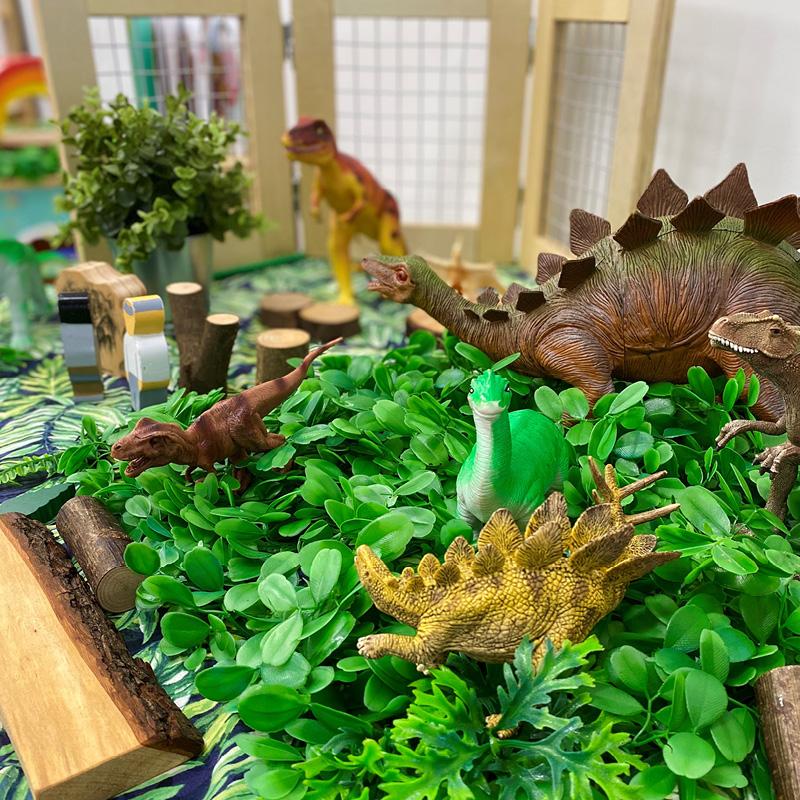Sebastopol, VIC
- (03) 5339 8503
- jemma@bradybunchelc.com.au
- 8 Baudinette Drive, Sebastopol VIC 3356
Bendigo, VIC
- (03) 5439 5541
- chelsee@bradybunchelc.com.au
- 11-15 Apsley Street, Strathfieldsaye Bendigo VIC
Delacombe, VIC
- (03) 5339 8556
- emma.s@bradybunchelc.com.au
- 1 Reynolds Parade, Smythes Creek VIC 3351
Hertford Park, vic
- (03) 5332 0270
- lisa@bradybunchelc.com.au
- 81 Hertford Street Sebastopol Victoria 3356








